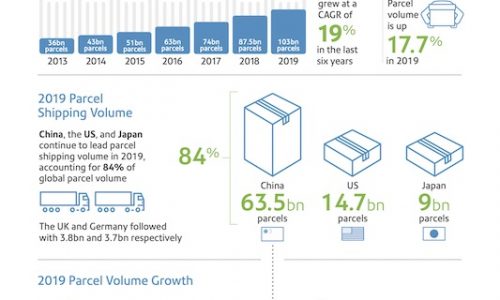CLECAT welcomed the package of energy and climate laws tabled by the European Commission today, aimed at reaching the EU’s 2030 goal of cutting emissions by 55%. Many of the legislative proposals will accelerate the green transition of the transport and logistics sector in Europe. The success of the decarbonisation of the sector will depend on proper enforcement and sufficient investment incentives for the transport and logistics sector.
“The Commission should ensure that the industry speeds up its response to climate change. But increasing the price of CO2 and energy is not sufficient to ensure a switch to zero-emission transport and logistics. As long as there are no alternatives available, bridging technologies must find equal recognition, otherwise the rules will merely result in a cost increase for the sector and not in a technology switch in this decade,” noted Nicolette van der Jagt, Director General of CLECAT.
She continued: “Revenues from CO2 pricing for freight transport should be returned to the transport sector in the form of subsidy programmes for investments in green vehicles, technology and innovation in infrastructure. It remains important to reach economies of scale in zero-emission transport, to ensure new options become affordable.”
The revision of the Energy Tax Directive (ETD) will significantly increase the cost structure of logistics in view of the increase in taxation of fossil fuels. The Commission needs to recognise that low carbon fuels will equally play a crucial role in the coming years. During this transitional period, incentives for low carbon fuels will be needed without creating any lock-in effects.
CLECAT takes note of the Commission’s plan to include road transport into a carbon market. In view of already existing schemes at national level on ETS, CLECAT underlines that double charging of CO2 must be avoided. The Commission as well as Member States need to consider the different sectoral policies to ensure coherence with existing relevant EU laws such as the revised Eurovignette Directive.
Furthermore, the Commission plans to expand the EU ETS to cover the maritime sector, which CLECAT supports. However, CLECAT had hoped for a more ambitious carbon market scheme, covering all voyages, whether incoming or departing from EU ports.
In the field of aviation, CLECAT particularly welcomes the proposals to increase the production, deployment, and supply of affordable, high-quality alternative sustainable aviation fuels in Europe.
CLECAT welcomes the proposals for binding national targets for the alternative fuels infrastructure development in different freight transport modes.
Van der Jagt noted:”If we want all freight transport trucks to switch to electric, logistics and transport companies, operating internationally, need to be confident they can charge and refuel their vehicles wherever they go. Since OEMs will start to produce massively in zero emission technologies in less than 10 years, the EU needs to prepare for this now and start to roll out the necessary infrastructure along Europe’s TEN-T network.”
Ms van der Jagt concluded: ‘Over the coming weeks, CLECAT will come out with a detailed response to the proposals. CLECAT supports the urgency for the transport and logistics sector and their customers to address the issue of climate change.
“The process whereby sustainable solutions are agreed upon and invested in will be complex and requires immediate initiatives and a clear pathway towards reaching the new 2030 climate target, if global connectivity and prosperity are to be maintained.
“We trust that the Council and the European Parliament will seek to fine-tune the legislative proposals, whilst ensuring that the goals remain ambitious but equally achievable, particularly in the coming decade when costs will increase but alternatives are not yet widely available. Otherwise, clean trucking, flying and shipping will remain a pipe-dream for governments.”

